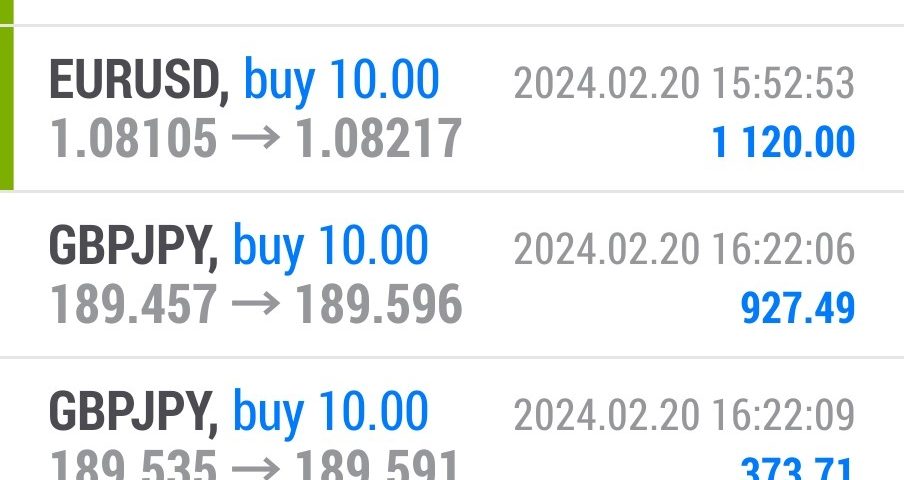This is because the U.S. dollar is the reserve currency in the world.
You may be asking yourself, “Why the U.S. dollar and not the sterling, or euro?”
Most agricultural and commodities such as oil are priced in U.S. dollars.
If a country needs to purchase oil or other agricultural goods, it first has to change its currency into U.S. dollars before being able to buy the goods.
This is why many countries keep a reserve of U.S. dollars on hand.
They can make purchases much faster with Greenbacks already in their pocket.
Countries such as China, Japan, and Australia are examples of heavy importers of oil, and as a result, they keep huge reserves of U.S. dollars in their central banks.
China has over 3 trillion U.S. dollars in its reserve stockpile!
Japan and Switzerland hold over 1 trillion each!
So what does this all have to do with trading currency crosses? Well since most of the world is glued to the U.S. dollar, a majority of trading speculation will be based on one question:
“Is the U.S. dollar weak or strong today?”
This one question will affect many of the most liquid currency pairs:
The majors:
- GBP/USD
- EUR/USD
- USD/CHF
- USD/JPY
The commodity pairs:
- AUD/USD
- USD/CAD
- NZD/USD
Notice that all of these pairs are tied to the U.S. dollar.
This doesn’t give a trader many options when most of their trading decisions are based on this one speculation.
You can see that by trading any of the 7 most popular currencies, you are taking either an anti-U.S. dollar or pro-U.S. dollar stance.
This one speculation affects these pairs in almost the same way across the board.
Conversely, in the stock market, traders have multiple companies to choose from and are not bound to one major speculation idea.
With stocks, you can see that even though the overall market was positive, there are still plenty of other trading opportunities.
There isn’t just one kind of speculation that affects the entire basket of stocks.







